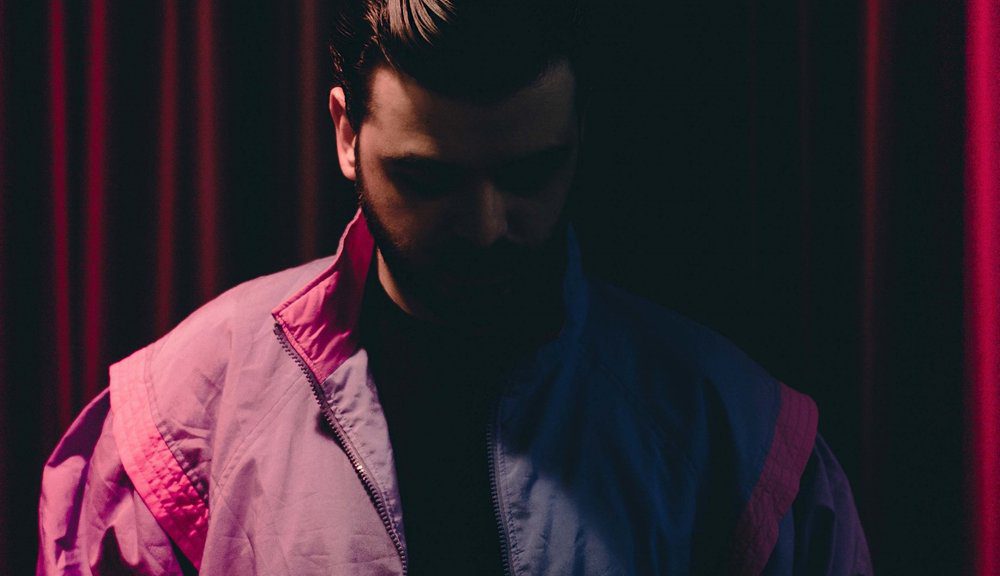Is the millennial generation having a mental health crisis? Today, feelings of hopelessness or being misunderstood, anxiety and even depression can stem from a work/life imbalance. Many people have goals to loose weight or eat better but what about setting goals to build a stronger inner self? It is not uncommon for people just like you to find self-confidence and a higher sense of self worth working along with a therapist.

You may be shocked to know that if you suffer from feelings of being lost or misunderstood, anxiety or depression you’re not alone. In fact, according to the National Health and Nutrition Examination Survey, during 2013–2016, 8.1% of Americans 20 years old and over had depression in a given 2-week period. Women were almost twice as likely as were men to have had depression and an estimated 80% of adults with depression reported at least some difficulty balancing their work life with home and social activities.1
What’s Going on With Millennials?
Millennials are also known as Generation Y. They are the generation just after Gen X, which is known to typically include those born in the 1980’s – 90’s-2000’s. This group of people shares unique challenges that include adapting to new technologies, climate change, starting families later in life, overwhelming debt and converting to sustainable living practices, just to name a few. Besides that, obesity and opioid overdose are epidemics however, millennials are still a generation that many consider to be “entitled.” If you were to ask a baby boomer they may not be able to understand the anger of the millennial generation. But it is there. After all, the to-do list of a millennial includes cleaning up the past and facing a frightening future riddled with mistakes of industrialization and unsustainable fuel systems not to mention wars and economic collapse.
It’s not just all of that though. As individuals, millennials are having trouble with mental health. Feelings of anxiety, stress and even depression are becoming increasingly common. There are millions of things to worry about, be afraid of, or sad about or simply be too intimidated to face for millennials. But should these feelings be taken seriously? Are they really a mental health concern? The answer is “Yes.” Today, medical reports indicate that not only are millennials a perfectionist generation but their drive for success may also affect their mental health.
Having long periods of time that include feelings of high pressure or anxiety can also lead to thoughts of suicide. One study sadly linked the high-stress and pressure during college to suicide. In the study, published in the journal, Psychopathology, suicide was recorded as one of the leading causes of death in college students, often associated with depression.3Additional research reveals that Millennials “are experiencing higher levels of depression, anxiety and suicide ideation than they did a decade ago.”4
For this reason, it is highly recommended by mental health professionals that millennials who suffer from these mental health symptoms seek counseling support:
- Unrealistically high self expectations
- Loneliness
- Feelings of anxiety
- Chronic feelings of mental and/or physical stress
- Dark thoughts or emotions
- Wanting to be alone
- Avoiding activities that used to be fun
- Inability to cope
- Sadness or depression
Talking to a Therapist About Setting Goals for Your Mental Health!
If you are a millennial who feels stress and anxiety or even depression – you’re not alone. Talk to a counselor today about setting goals to improve your mental health. There are plenty of ways you can work together to approach these feelings and get to the bottom of what is causing them. That is the first step in eliminating a millennial mental health crisis for you or someone you care about.
How-To STOP Anxiety – In 5 Minutes!
Try this simple deep breathing technique the next time you feel stressed or anxious to boost feelings of happiness.
5/5 Breathing:
- Inhale deeply through your nose with your mouth closed for 5 slow seconds.
- Then, open your mouth and gently exhale all of the breath slowly from your mouth for a slow 5 seconds.
- Repeat this for 2 minutes.
- Then, perform 2 minutes of deep breathing with your mouth closed, using both nostrils only. Continue using the 5/5 second technique.
- Then, for one minute you can return to alternate breathing (inhaling through the nose and exhaling through the mouth). This completes the 5 minute breathing exercise.
Studies confirm in just 5 minutes a day you can reduce mental stress and anxiety.5Performing deep breathing may also improve your sleep, boost energy plus coping capacity for both mentally and physically stressful situations. And it feels oh-so good.
Talking to a counselor and practicing simple techniques like this deep breathing mediation can stop stress and stave off mental health care concerns for millennials. So, don’t wait to share these tips to stop mental anxiety and stress with a millennial you care about, today!
For more information or to schedule appointment online please visit our Anxiety & Depression or call at 919-647-4600.
References:
- Prevalence of Depression Among Adults Aged 20 and Over: United States, 2013–2016. NCHS Data Brief No. 303, February 2018.
- Perfectionism on the rise among millennials, but to what effect? 6 January 2018.
- Farabaugh A., Bitran S. Depression and Suicidal Ideation in College Students. Psychopathology 2012;45:228–234.
- The Effect of Diaphragmatic Breathing on Attention, Negative Affect and Stress in Healthy Adults. Front Psychol. 2017; 8: 874.


